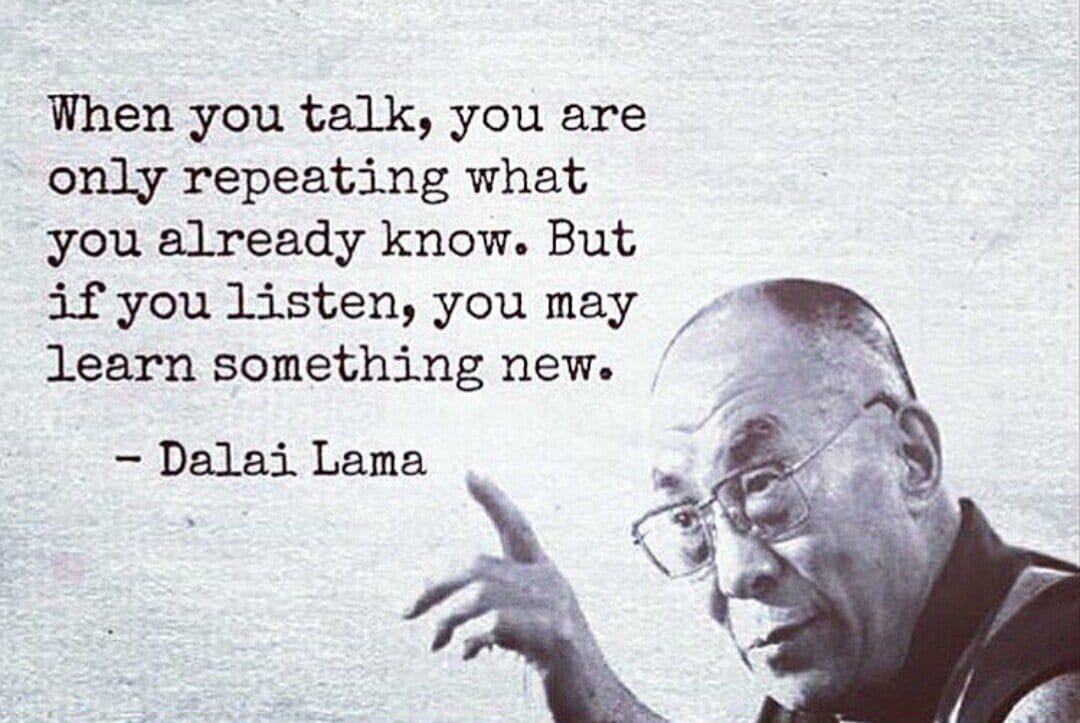* After Isaac Asimov's 'I Robot' book series.
There's been lots of chat (see what I did there?) recently in the media, on the web and in this blogging community about AI and its influence now and its possible future threat to society.
Also, I've been picking up on a lot of 'news' reports of alien landings, cover-ups by governments and hysterical historical discoveries of possible alien influences on civilisation.
There certainly are a lot of unexplained things where past civilisations have had 'miraculous' technological advancements or 'biblical-type' calamities that have changed them irrevocably. Who can properly explain the meanings of Stonehenge, the great pyramids - and, the origins of religions.
I read this on the web: GODS AND ROBOTS which is interesting.
No doubt Robert won't read it because it's in the form of a link. He's scared of links and, anyway it has a lot of words and doesn't mention him even once.
Richard might go to the link but, as he's busy regressing to his girly childhood days he's off to see the new Barbie movie.
To help I'll paraphrase the article a bit:
- Time-traveling back to antiquity might help us think about the human transformations of the future.
- According to Greek myth, after the creation of humans and animals, the gods assigned Prometheus and his younger brother Epimetheus to allocate their capabilities. The brothers were Titans, a race of divine beings. You might have seen Ridley Scott's film 'Prometheus' and a couple of others in the 'Alien' series that mentions this.
- Plato relates that Prometheus was “desperate to find some means of survival for the human race,” so he appropriated the technology of fire from the gods to bestow on puny mortals. With the gift of fire, men and women could make tools and figure out ways to compensate for their pitiful physical shortcomings.
- In this ancient “speculative fiction” about humanity’s relationship with technology, the gifts bestowed by Prometheus represent the first human enhancements — the first attempts to overcome the limitations of the human body by natural or artificial means.
- Artificial improvements to overcome the limitations of the human body and to expand natural strength, sensory apparatus and abilities — now known as human enhancement technologies — may seem like cutting-edge science. We often hear both pessimists and proponents claim that our current technology — including artificial intelligence and genetic engineering — is unprecedented, unique to modernity. Yet the concepts of augmenting human capabilities are ancient, as are the qualms they evoke. Time-traveling back to antiquity might help us think about the human transformations of the future.
- Greek myths envisioned borrowing the enviable powers of gods and animals to compensate for human vulnerability. These myths represent some of the earliest science fiction, and where imagination leads, innovation follows.
- Today, human enhancements — including visual and hearing aids, titanium joints, artificial heart valves, bionic prosthetics and an array of medicines — are commonplace and welcomed.
- Serious concerns also surround scientists’ ambitions to make “more than human” individuals through implants, artificial intelligence-enabled exoskeletons, human-machine hybrids, human-animal hybrids, gene manipulation, neuro-robotics, micro-robotics, powerful drugs, electro-pharmaceuticals and biomimetic technologies.
- Archaeological discoveries have unearthed surprisingly early evidence of artificial limbs and other body parts, some of them aesthetic and others functional. A skull from a site in France dated to 3000 B.C.E., for example, sported a false ear carved from a shell. Some of the most ancient prosthetic devices are quite sophisticated. In about 700 B.C.E., a highly skilled artisan who clearly understood the biomechanics of walking made a finely carved artificial toe for a woman. Archaeologists who discovered her mummy in 1997 near Luxor, Egypt, reported that the replacement toe not only appeared realistic but was tailor-made for her foot and even shows evidence of refittings. It was constructed in three sections of wood and leather, with a hinge for flexibility. Worn barefoot or with sandals, the woman’s prosthetic toe likely allowed relatively comfortable mobility.
- An intriguing bionic eye was discovered by archaeologists in the ancient Burnt City site in Iran. The meticulously realistic artificial eyeball was embedded in the left eye socket of a woman who lived about 4,800 years ago. The anatomical details are amazingly true to nature, with a convex surface, cornea, pupil and an interior with extremely fine golden wires to mimic the capillary network inside the eye. It was the disquieting almost-real quality of 20th-century prosthetics that inspired the robotics engineer Masahiro Mori to describe in 1970 the eerie sensation known as the “uncanny valley” — the strange gulf in understanding a human-like object.
- Today, U.S. military scientists are reviving a highly advanced exoskeleton idea inspired by the mythic figure of the bronze automaton Talos. Designated by the acronym T.A.L.O.S. (Tactical Assault Light Operator Suit), the special suit is to be augmented with artificial intelligence software, sensors, and offensive and defensive weapons systems.
- In the fifth century B.C.E., the tragic playwright Sophocles wrote that we humans are formidable, for no other creatures have the skill and daring to navigate the stormy seas, plow the earth, tame horses and oxen, hunt and fish, devise laws, make war and build and govern cities. What other creatures have the facilities of language and “wind-swift thought” of “all-resourceful” humans, “ceaselessly contriving ways to escape the forces of nature”? Humans’ skills and inventive arts, Sophocles continued, are what drive us to achieve wonders and allow us to surpass nature. Yet we need to be mindful, Sophocles cautioned, that this same bold ingenuity “sometimes leads to good but sometimes to evil.”





.jpeg)


